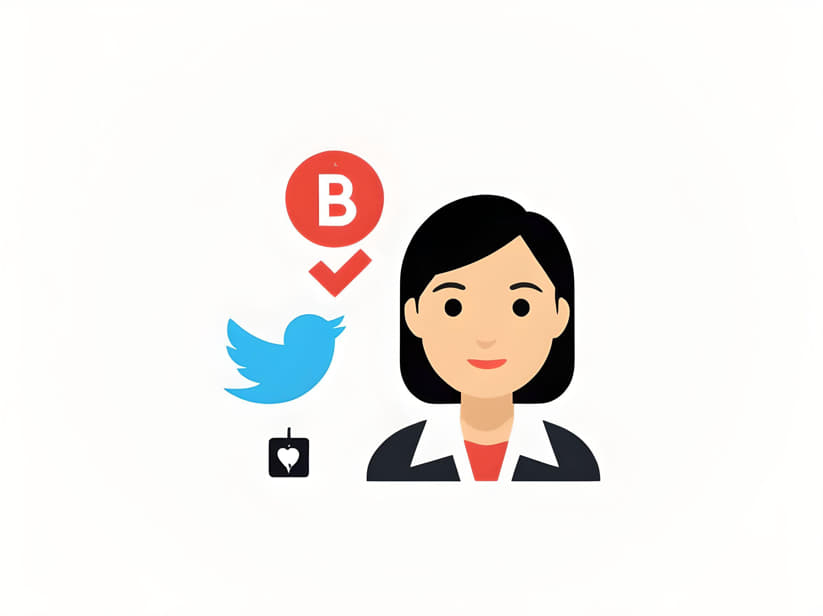
In the digital age, news and rumors spread rapidly, often igniting public debates and controversies. One such recent event involves allegations against a BBC presenter that have circulated widely on Twitter. This article delves into the controversy, examining the origins, developments, and implications of these allegations while highlighting the impact of social media on public perception and the careers of high-profile individuals.
Origins of the Allegations
The controversy began when anonymous allegations surfaced on Twitter, accusing a prominent BBC presenter of misconduct. The claims, initially vague and unsupported by concrete evidence, quickly gained traction due to the presenter’s high profile and the platform’s viral nature. Users began speculating about the identity of the accused, sharing unverified information and conjectures.
Twitter, with its vast user base and instantaneous sharing capabilities, acted as a catalyst, amplifying the allegations and spreading them far beyond the initial posts. Hashtags related to the scandal trended, drawing the attention of both media outlets and the general public.
Development of the Story
As the allegations spread, various media organizations began investigating the claims. Journalists sought to verify the accusations, reaching out to potential witnesses and the accused for comments. Despite the lack of immediate evidence, the story’s momentum grew, leading to widespread media coverage and public discourse.
The BBC, recognizing the severity of the situation, issued a statement acknowledging the allegations and confirming that an internal investigation was underway. The organization emphasized its commitment to transparency and accountability, promising to take appropriate action based on the investigation’s findings.
The Role of Social Media
Social media, particularly Twitter, played a pivotal role in shaping the narrative around the allegations. The platform’s structure allows for rapid dissemination of information, often without verification. This characteristic can lead to the spread of misinformation and the formation of public opinions based on incomplete or false narratives.
In this case, Twitter users quickly formed opinions about the allegations, with many expressing outrage and demanding immediate action. The anonymity of the platform also allowed individuals to speculate freely about the presenter’s identity, leading to potential harm to multiple individuals who were wrongfully implicated.
Implications for the BBC and the Accused
The allegations had significant implications for both the BBC and the accused presenter. For the BBC, the controversy raised questions about its internal policies and procedures for handling misconduct allegations. The organization’s reputation, built on trust and credibility, was at stake, necessitating a thorough and transparent investigation.
For the accused presenter, the situation was equally challenging. Public figures often face intense scrutiny, and allegations of misconduct can have long-lasting effects on their careers and personal lives. The presenter, while maintaining their innocence, had to navigate the dual pressures of public opinion and the ongoing investigation.
The Broader Impact on Public Figures and Media
The controversy highlights the broader issue of how allegations against public figures are handled in the digital age. The ease with which information spreads on social media can lead to trial by public opinion, often before any formal investigation or legal proceedings occur. This phenomenon can have damaging consequences, including the erosion of trust in public figures and institutions.
Moreover, the case underscores the need for media organizations to balance the public’s right to know with the responsibility to report verified information. Sensationalizing unverified allegations can harm individuals’ reputations and contribute to the spread of misinformation.
Lessons Learned and Moving Forward
Several lessons can be drawn from the BBC presenter allegations controversy:
- The Importance of Verification:
- Ensuring that allegations are verified before widespread dissemination is crucial. Media organizations and social media users alike should prioritize accuracy over speed to prevent the spread of misinformation.
- Responsible Social Media Use:
- Users should exercise caution when sharing and commenting on unverified information. Recognizing the potential impact of their actions on individuals’ lives and reputations is essential.
- Institutional Transparency:
- Organizations must handle allegations with transparency and accountability. Clear communication about the steps being taken to investigate and address claims can help maintain public trust.
- Support for the Accused and Accusers:
- Both the accused and the accusers should be treated with fairness and respect. Providing support and ensuring a fair investigation process is critical to achieving justice.
- Balancing Public Interest and Privacy:
- Striking a balance between the public’s right to know and individuals’ right to privacy is a complex but necessary endeavor. Media outlets should consider the potential harm of their reporting on all parties involved.
The BBC presenter allegations on Twitter illustrate the complex interplay between social media, public opinion, and traditional media in the digital age. As the situation continues to unfold, it serves as a reminder of the power and responsibility that comes with sharing information online. By prioritizing verification, responsible use, and transparency, both individuals and institutions can navigate such controversies more effectively, ensuring that justice and truth prevail.